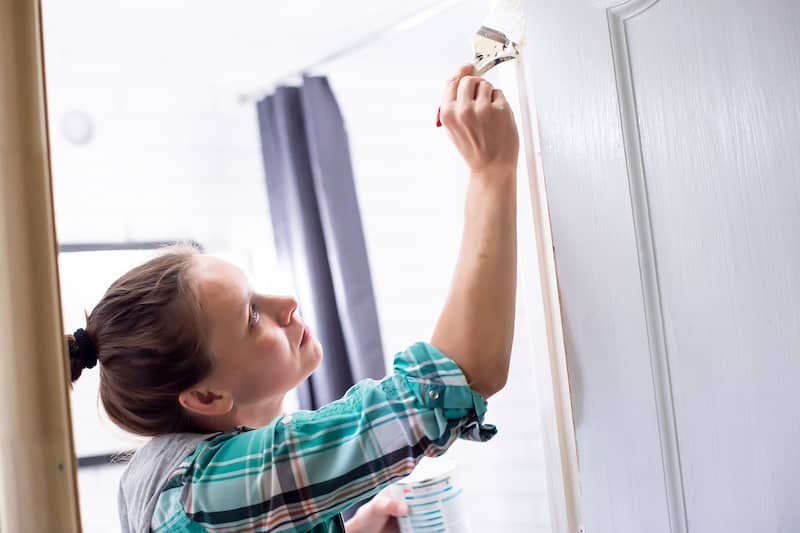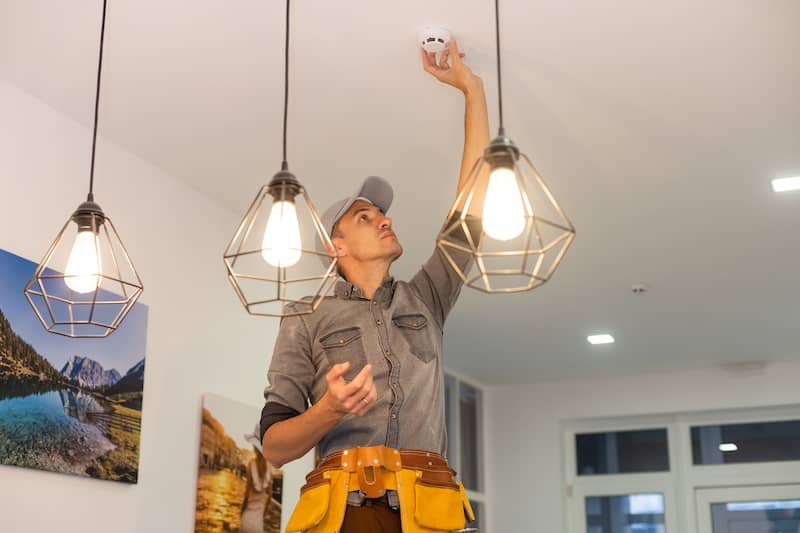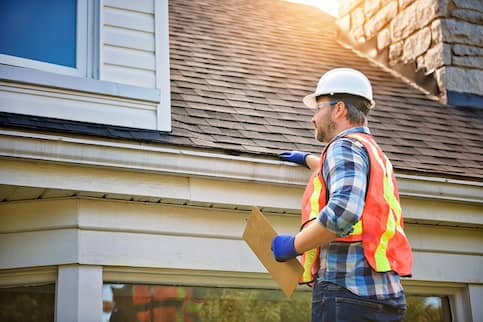When looking to sell your home, you’ll certainly want to give yourself the best possible chance of getting an accurate home appraisal. Your home appraisal is important because it helps your home buyer and your home buyer’s mortgage lender know how much your home is worth. This will allow a lender to approve the sale price for a potential buyer and ultimately help get both parties to the closing table.
Let’s explore what appraisers evaluate and how you can improve your chances of getting an accurate home appraisal.
What Do Appraisers Look For And Why Is It Important?
When appraisers consider a home, they determine the value of your property based on several factors. The appraiser will evaluate both the inside and outside of your home to assess the general condition. This type of real estate valuation can be used for a number of purposes that include determining the worth of a home during a sale or refinance.
See What You Qualify For
Buy A Home
Discover mortgage options that fit your unique financial needs.

Refinance
Refinance your mortgage to have more money for what matters.
Tap Into Equity
Use your home’s equity and unlock cash to achieve your goals.
Appraisal Criteria
Up next are the specific criteria that appraisers will typically use to determine the value of a home:
- Comparable homes: Referred to as real estate comps, these are houses in your neighborhood with similar features. An appraiser will see how much money similar houses in your area have sold for recently and use this to help determine your house’s worth.
- The condition of your home: The overall condition of your home is another big factor in setting a value. This can include both internal and external elements, repairs and home improvements.
- Neighborhood: Appraisers will search Multiple Listing Services (MLSs), municipal records and other available resources to find data on your neighborhood. Home appraisers, who may be experts on specific localities, will also consider local amenities such as parks, shopping centers and access to public transport.
- Square footage: Appraisers will assess the total square footage as well as aspects of the home such as the number of bedrooms and bathrooms.
- Features and additions: If your home has desirable features such as an updated HVAC system, new appliances or heat-efficient upgrades, these will positively influence your appraisal value. However, it’s best to avoid additions to your home that are too personalized or that don’t match the overall style of your home.
What To Do Before An Appraisal
Preparing for a home appraisal might be easier than you think. Many home appraisal tips and best practices overlap with the ways to go about prepping for an open house. Here are some steps you won’t want to skip.

1. Review Previous Appraisals
Your previous appraisal report can be a good starting point, especially if you bought your home within the last few years. You can get a good idea of the strengths and weaknesses of your house as well as its baseline value. Although the final value of your home will likely be different, you may be able to identify areas that have improved if you’ve made certain upgrades.

2. Complete Minor Repairs
One easy way to boost your home’s value is to complete small home repairs. Inspect both the inside and outside of your home and note any repairs or issues you can address with minimal cost. This could include fixing broken appliances, adding a fresh coat of paint or repairing light fixtures.

3. Invest In Curb Appeal
First impressions are important, of course, and how well a home has been maintained is an item that appraisers consider. Make sure to keep up with basic maintenance such as mowing the lawn, trimming trees and emptying gutters. Consider adding small improvements such as a new house number, mailbox or fresh flowers.

4. Clean And Declutter
Clean, clutter-free rooms can make a house look bigger while showing off its best features. Remember to clean up messes and store most small objects out of sight. Consider removing personal effects, such as family photos, and keeping sensitive information hidden from plain view.

5. Check Safety Equipment
Make sure to check essential safety features, such as carbon monoxide and smoke detectors, by testing them to ensure they’re working properly. Then, replace any batteries as needed. Remove or rearrange anything, such as furniture blocking doorways or stairs, that could present a fire or safety hazard.
This step is especially important if you accept an offer from a buyer using a government-backed FHA loan or VA loan that has stricter appraisal requirements than a conventional loan.

6. Research Comps
Researching similar homes that recently sold in your neighborhood will give you an idea of your house’s worth. Keep in mind that this is just an estimate, though. That said, if your appraisal comes in low and you need to dispute it, having information about comps on hand could be helpful.

7. Document Upgrades And Renovations
Take the time to secure documentation of any improvements you’ve made to your home since purchasing it. Many homeowners will include this information in a report that their real estate agent passes on to the appraiser.
The Bottom Line
The home appraisal process and final valuation decision might seem beyond your control as a homeowner. However, you can be proactive in taking some key steps to improve your prospects of a positive appraisal outcome.
Find A Mortgage Today and Lock In Your Rate!
Get matched with a lender that will work for your financial situation.

Victoria Araj
Victoria Araj is a Staff Writer for Rocket Companies who has held roles in mortgage banking, public relations and more in her 15-plus years of experience. She has a bachelor’s degree in journalism with an emphasis in political science from Michigan State University, and a master’s degree in public administration from the University of Michigan.












